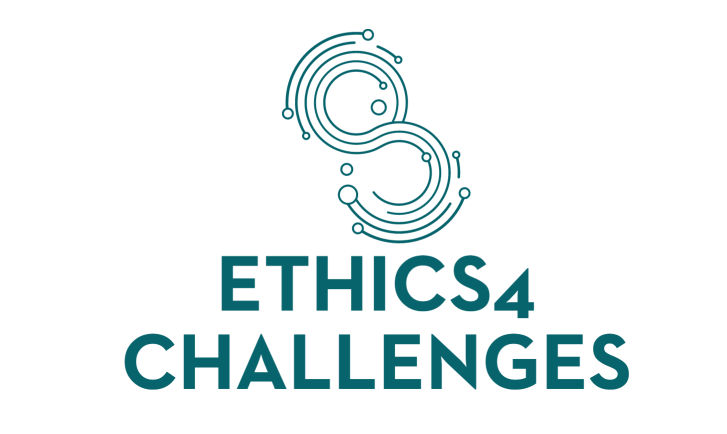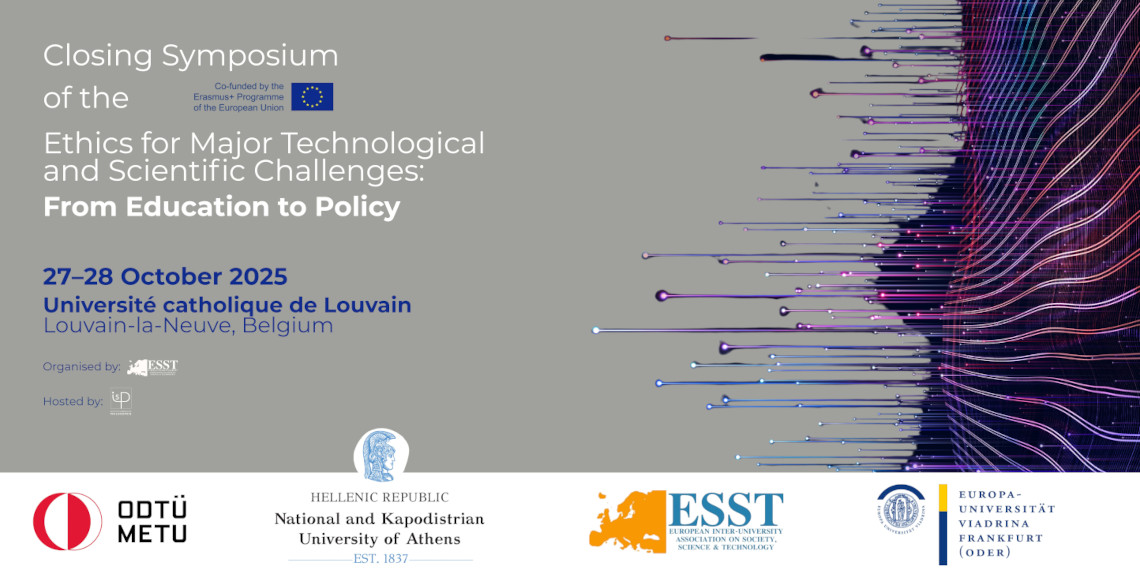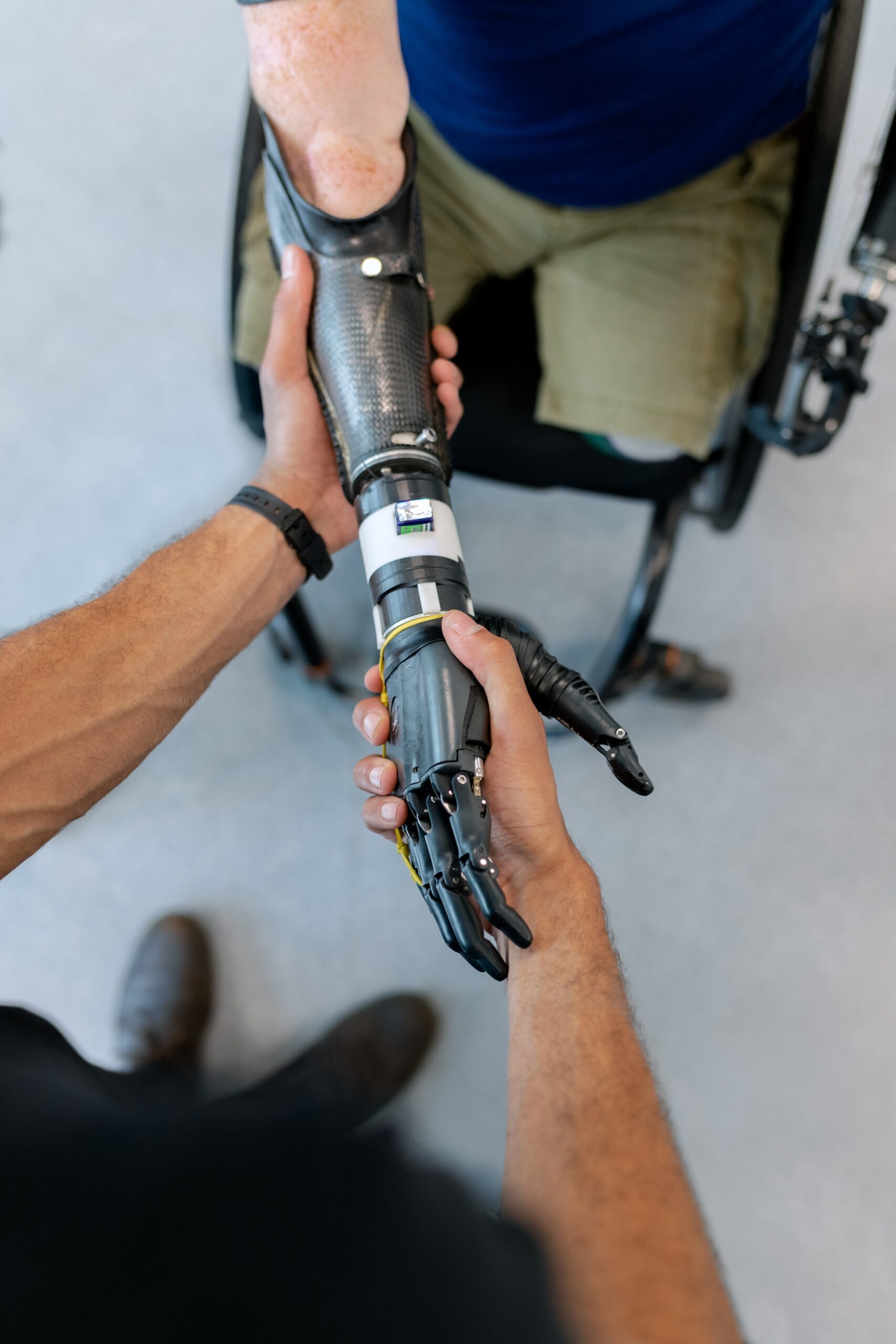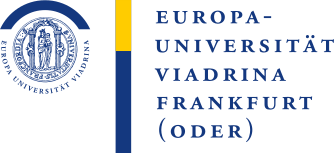Innovative Ethics Education for Major Technological and Scientific Challenges
Environmental degradation, advances in biomedicalization, and rampant digitalization are three major contemporary challenges, coextensive with scientific-technological civilization itself. ETHICS4CHALLENGES (E4C) aims at addressing them through flexible ethics education pathways to inculcate the necessary ethical awareness in students of all backgrounds (engineering, sciences, social and human sciences) and foster critical thinking about science/technology in a way that advances core European values.
We are pleased to welcome you to the closing symposium of the Erasmus+ project ETHICS4CHALLENGES (E4C), hosted at the Université Catholique de Louvain on 27–28 October 2025. Find out more by clicking on the banner!
Partners
ETHICS4CHALLENGES draws on a unique set of partners, from humanities departments embedded in establishedengineering and science schools in Turkey (METU) and Greece (NKUA) to a new social sciences unit from Germany (EUV)and a European university association, specializing in education on science-technology from the human and social sciences(ESST). They aim to develop an online educational platform for modular course design, based on the creation of an ethicshandbook and a case-study inventory.
Latest News & Events
Funded By
ETHICS4CHALLENGES is funded by the Erasmus+ KA220 program, agreement numbered [2022-1-TR01-KA220-HED-000089082]
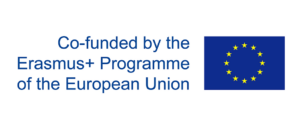
Details
Address: Orta Doğu Teknik Üniversitesi
Üniversiteler Mahallesi,Dumlupınar Bulvarı No:1 06800
Çankaya Ankara/TÜRKİYE
Email: [email protected]

